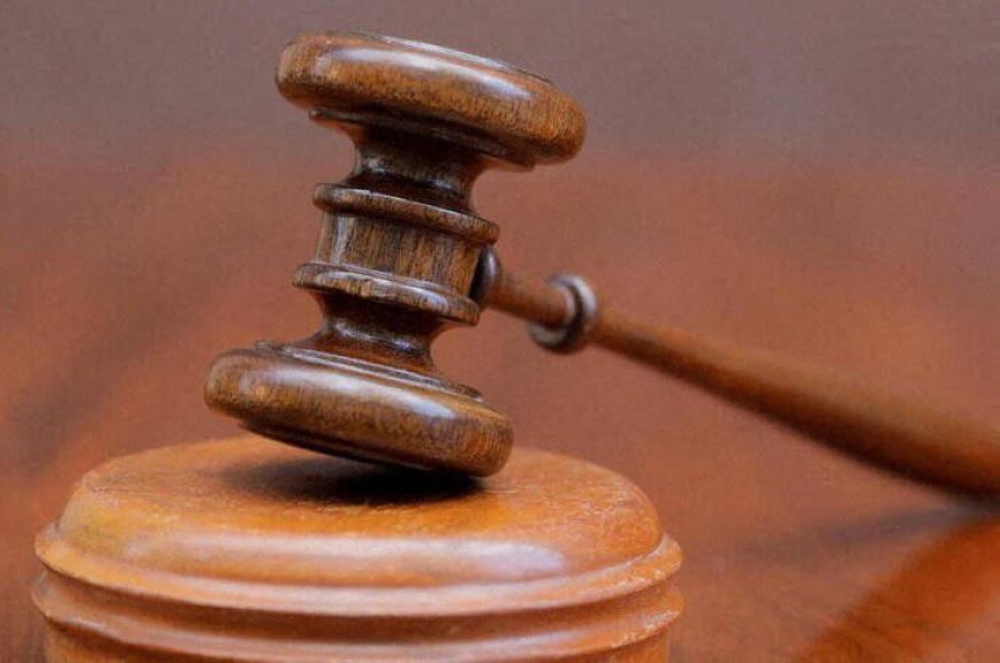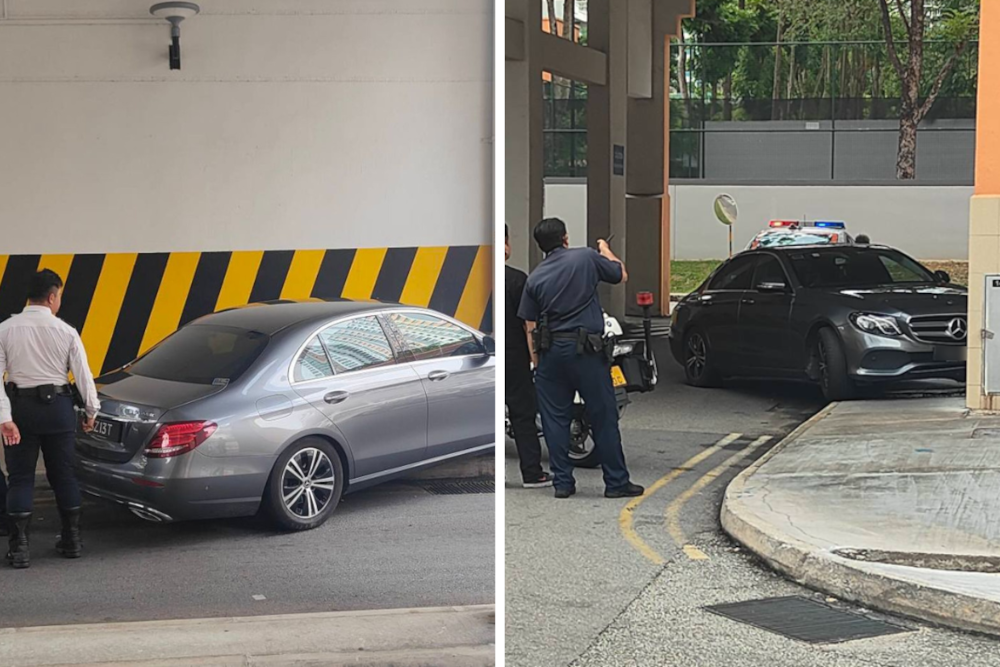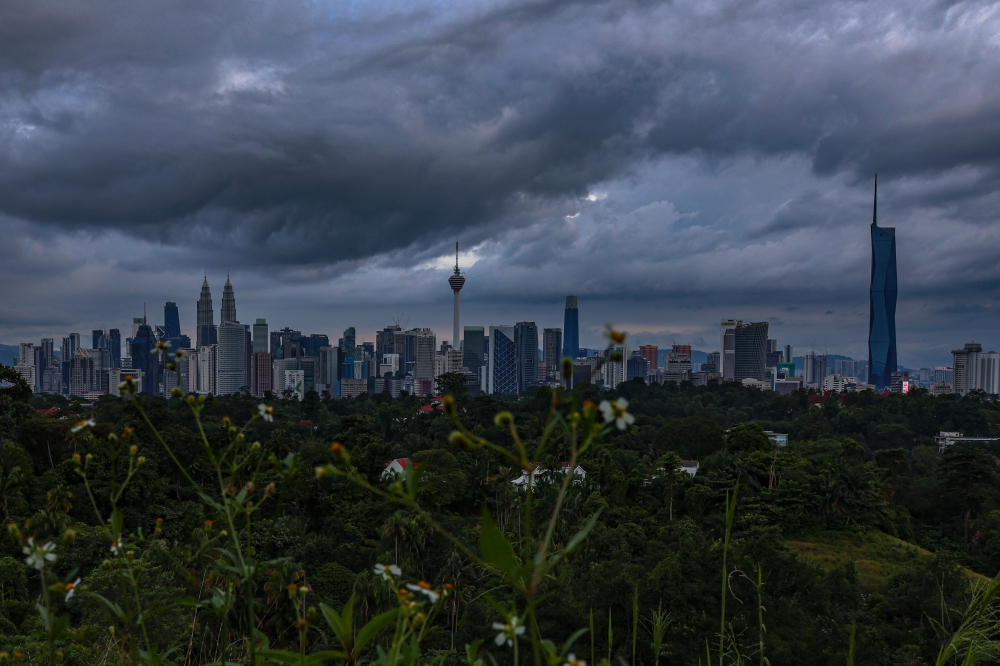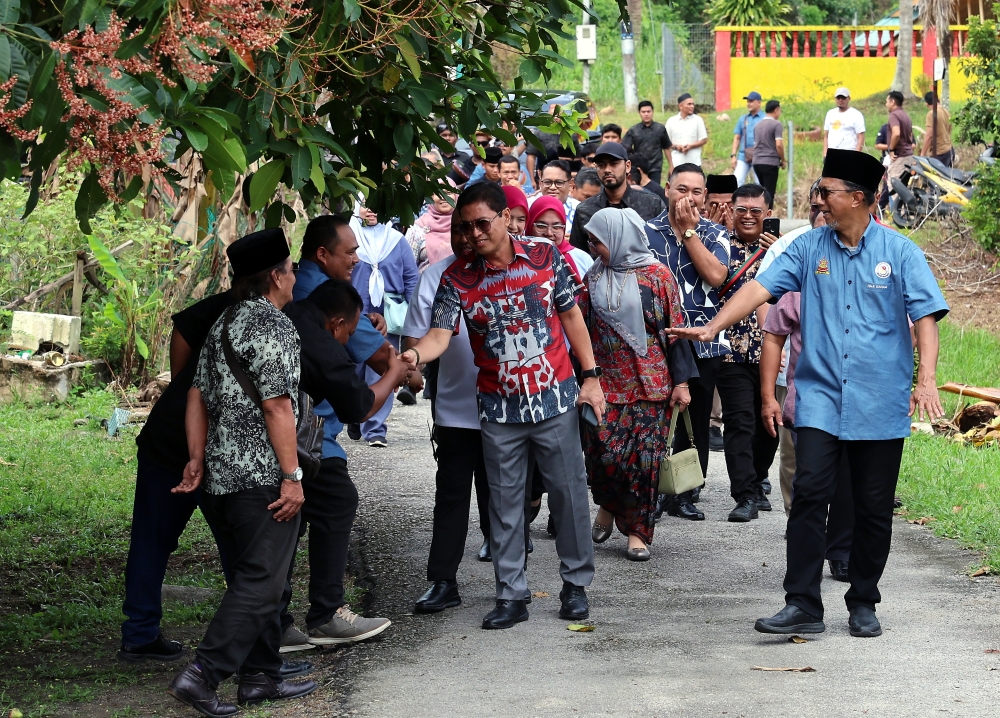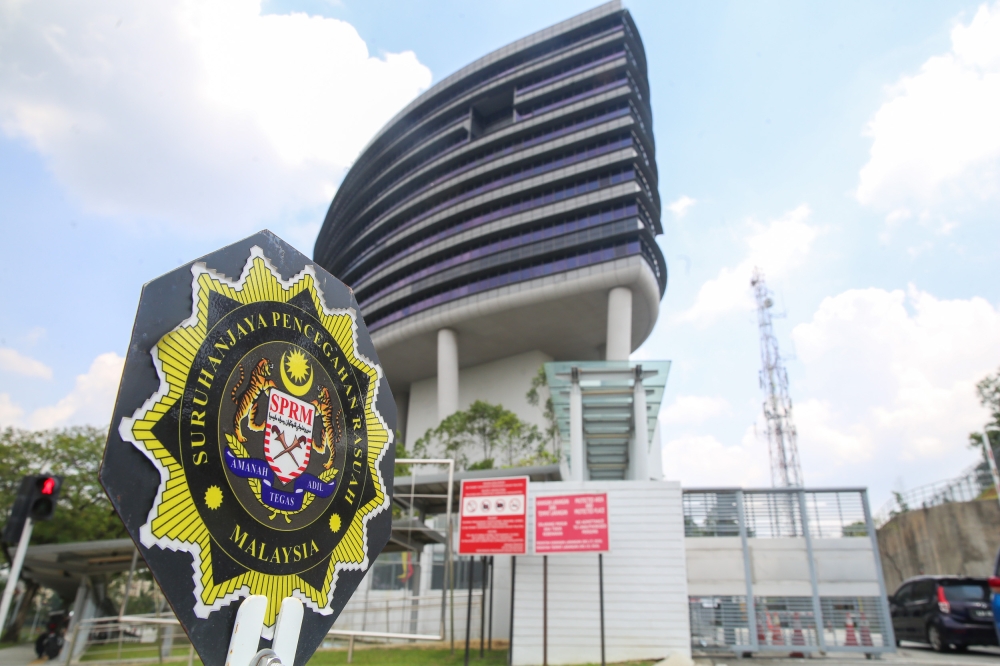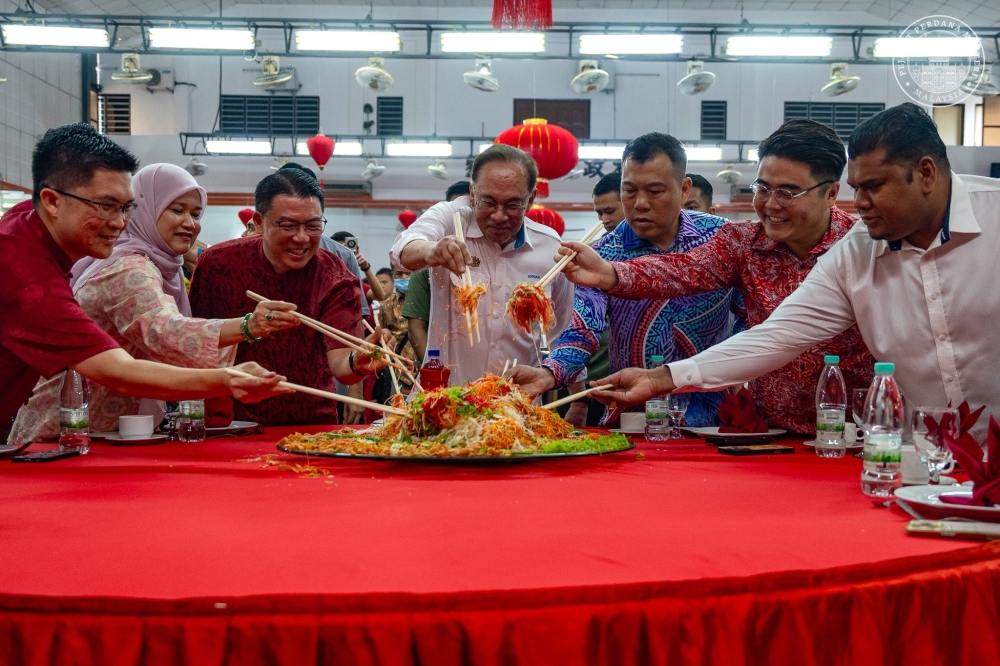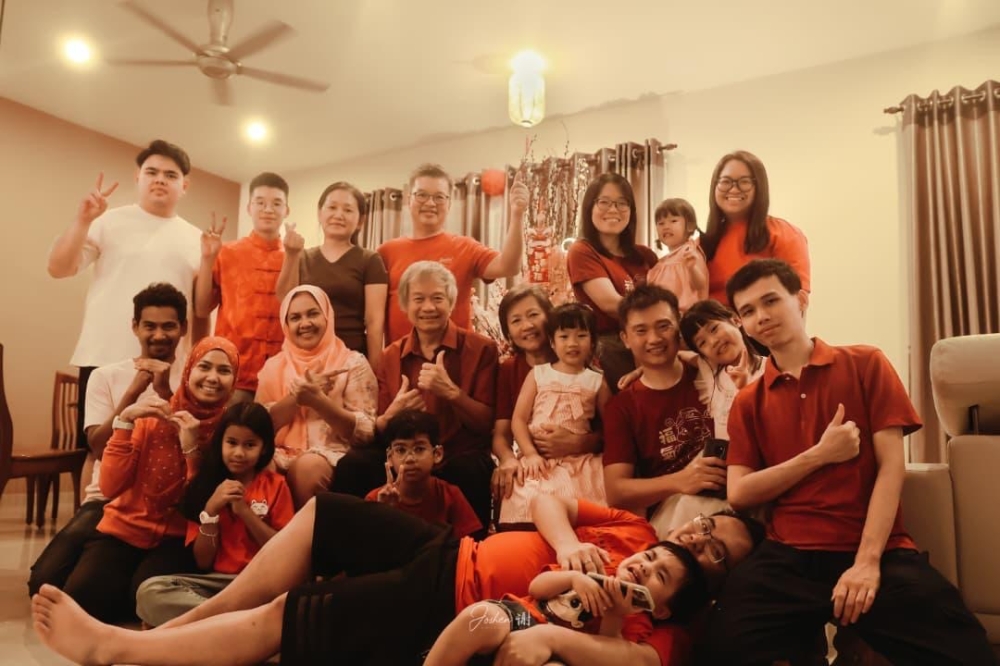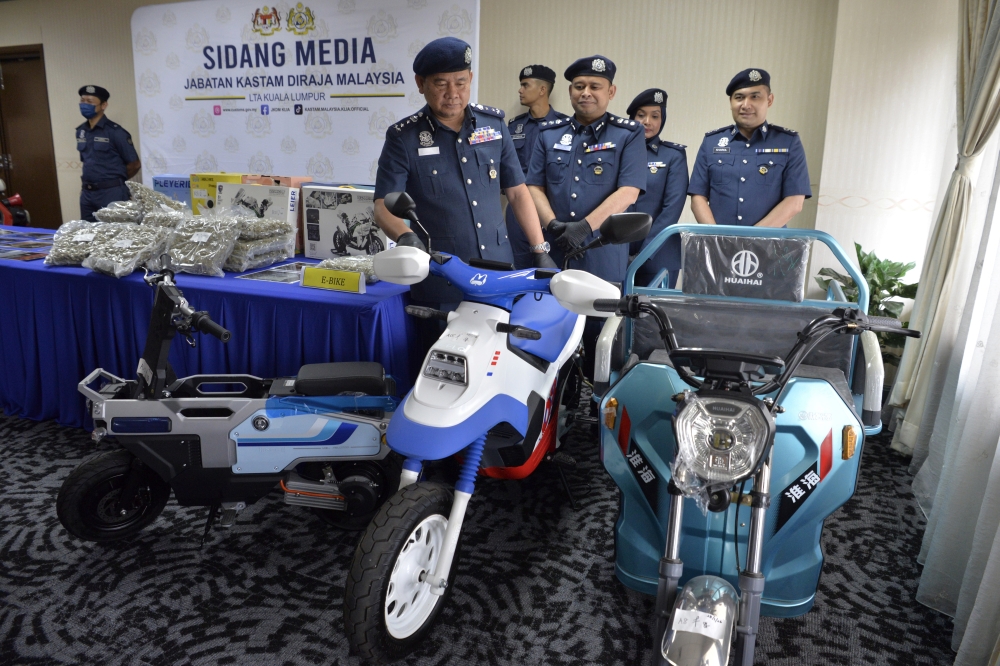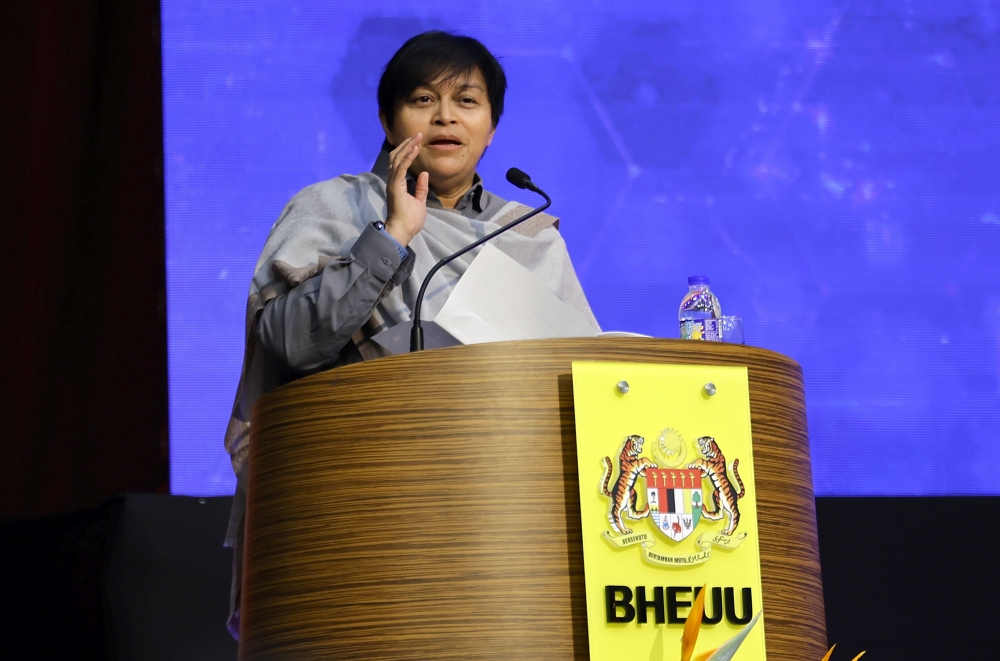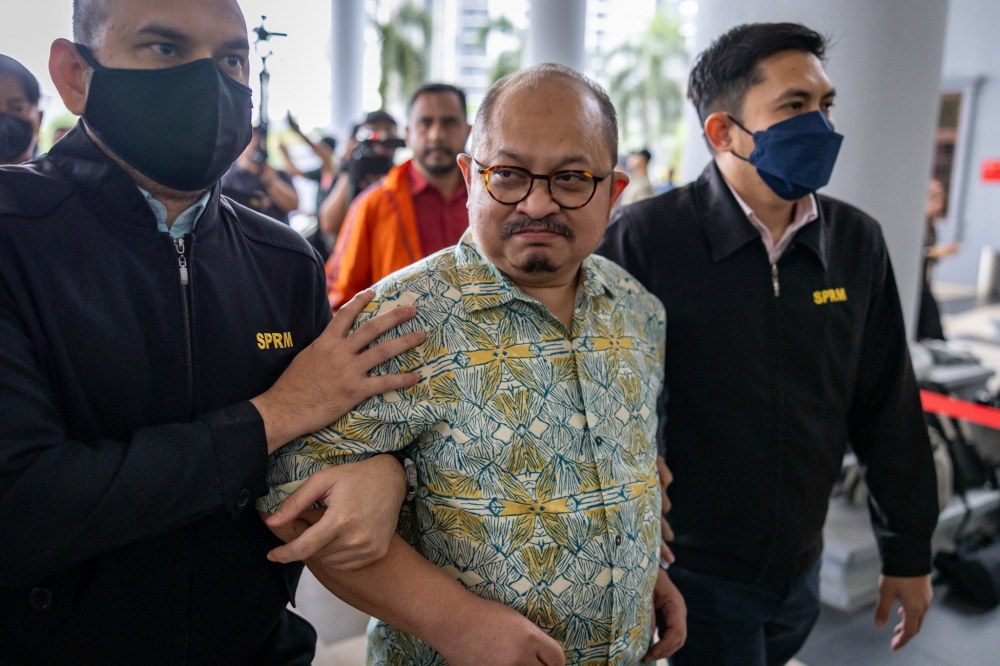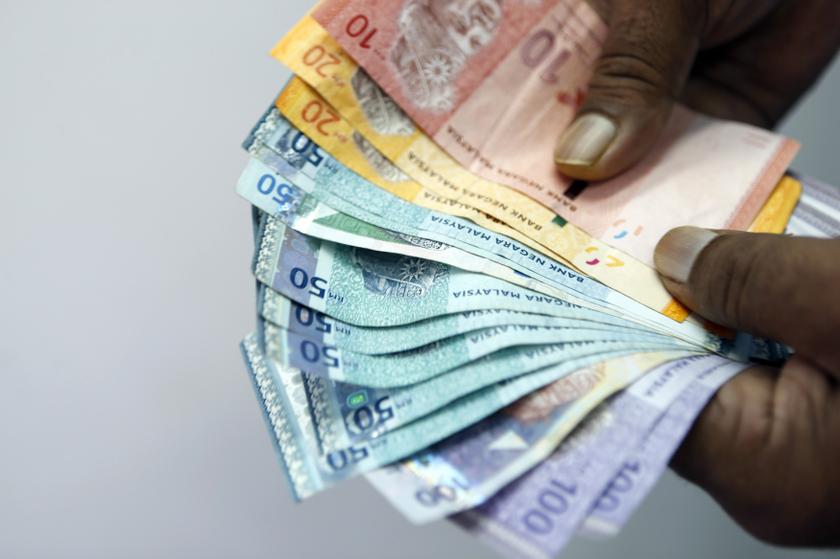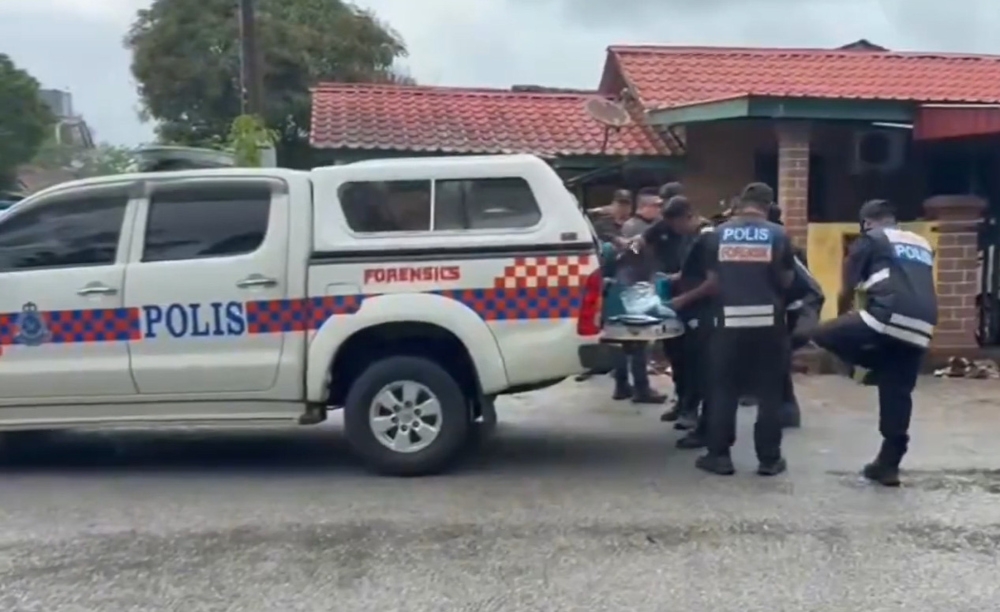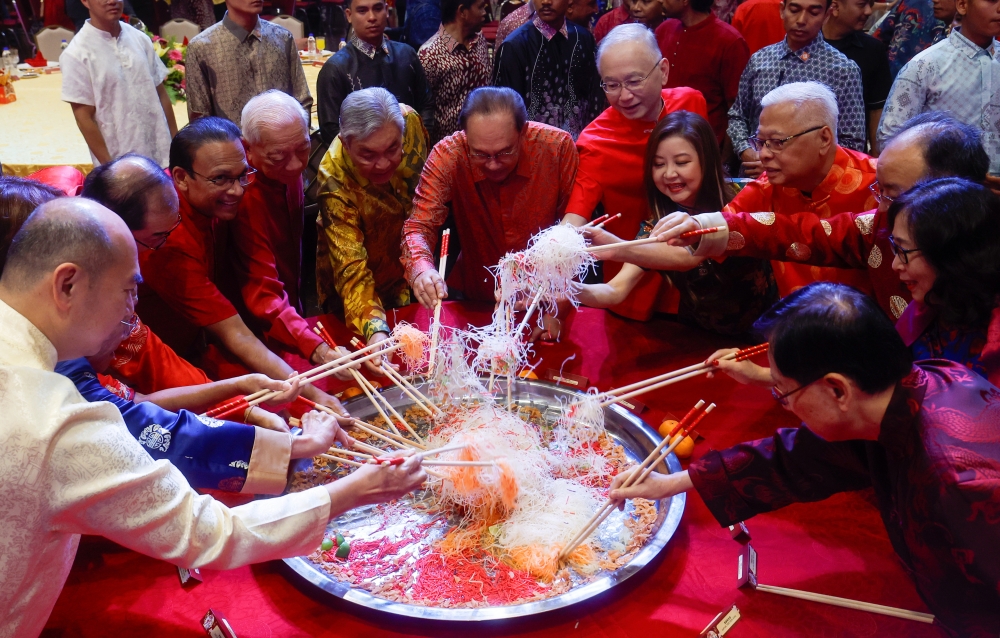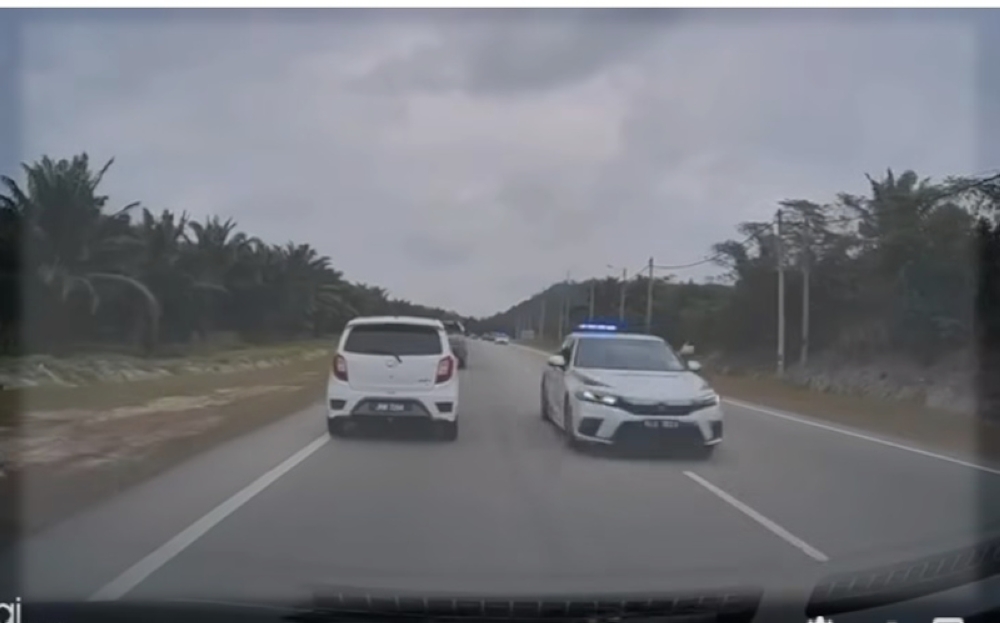KUALA LUMPUR, May 15 — With less than five years to go before Malaysia attains developed nation status under its Vision 2020 plan, the Indian community appears to be lagging behind in terms of socio-economic development.
A substantial 40 per cent of the 2.6 million Indians in the country is said to be languishing at the bottom rung of the income ladder, according to Yayasan Pemulihan Social (YPS), the MIC’s social welfare arm.
This section of the community was part of the urban poor and low-income group and was facing various challenges to attain socio-economic development, it said in a statement issued in conjunction with the national symposium on Eleventh Malaysia Plan & Malaysian Indians: Ensuring Inclusive & Equitable Development (2016-2020).
Held here recently, it was organised by YPS and Universiti Kebangsaan Malaysia’s Institute of Ethnic Studies (KITA), in collaboration with the Unit for Socio-Economic Development of the Indian Community in the Prime Minister’s Department.
YPS claimed that the bottom 40 per cent of Indians had “regressed in the last 10 years” and fallen below the national average, and were not on par with the bottom 40 per cent of other communities in urban areas in Malaysia.
Top 20 per cent on par with others
It said recent research has indicated that the top 20 per cent of Malaysian Indians were doing “extremely well” and stood on par with the other communities.
It noted that the top 20 per cent and middle 40 per cent of Indians were able to access assistance, improve their income levels and raise their quality of life on their own by “plugging into the system” (either the public or private sectors) and, thus, were able to attain upward social mobility.
“Income inequality is highest in the Indian community as compared to other ethnic groups. This is further compounded by a sub culture of violence and gang-related crime. The root cause can be identified at the dysfunctional families and structural issues pertaining to marginalisation (of the Indians),” said YPS.
KITA Principal Fellow Prof K.S. Nathan told the symposium that urban poverty, inequality, undocumented Indians, and lack of educational opportunities were among the issues that required serious attention.
“Problems arise due to the lack of opportunities, access, recognition and self-esteem... these are the areas we have to look into and see how we, as community leaders, can help to empower (our fellow Indians) and make them useful citizens of the country,” he said.
Nathan believed that in implementing programmes to help uplift the socio-economic status of Malaysian Indians, the government’s focus should be on ensuring equity, rather than equality.
“Equity means giving the necessary supplies in accordance with what they (those in the bottom rung of the income ladder) need and deserve. Equality doesn’t necessarily mean that they will get what they need. For these members of the community, their greater needs are food, shelter, housing, education and employment, so these are the issues that need to be addressed.
“If the focus is on ensuring equality, then even those who don’t deserve assistance will get help — the well-off has the capability to acquire knowledge and take advantage of opportunities. Only the principle of equity ensures that the needy members of the community are treated in a just manner,” he said.
High number of undocumented Indians
Meanwhile, Chief Coordinator of the Special Implementation Task Force on the Indian Community, a unit under the Prime Minister’s Department, Datuk N. Siva Subramaniam — who touched on the problems faced by undocumented Malaysian Indians at the symposium — said some 30,000 members of the community remain undocumented as they did not possess the relevant documents pertaining to their birth, identification and citizenship. He said those without citizenship alone, deemed as “stateless”, ran into thousands.
“Not having proper identification has perpetuated the cycle of poverty, crime and violence which many members of the Indian community find themselves in today. They can’t access education, subsidised national healthcare and good jobs.
“The issue was compounded when they were displaced in estates and plantations by foreign labour or for development purposes. Thrust into unfamiliar urban settings, their lack of identification documents, which are so necessary for survival, became a burden to their already disadvantaged situation,” he told Bernama at the sidelines of the symposium.
Siva Subramaniam said between 2010 and 2014, some 5,076 stateless people, including 1,500 Indians, who were granted citizenship and had applied for blue identification cards (ICs) failed to return to the National Registration Department to collect their ICs.
“This could be because they have to pay RM300 to collect their ICs and they probably don’t have the money.
“The government’s initiative to grant these stateless people citizenship is good, but it is the delivery (system) which doesn’t appear to be all that effective,” he said.
Siva Subramaniam added that his task force was hoping to resolve the problems involving the undocumented 30,000 Indians before 2020.
“I think we may face some serious problems if we don’t help them. Not less than 10,000 (out of the 30,000 undocumented Indians) have criminal records due to poverty.
“According to the law governing citizenship, one cannot get citizenship if one has a criminal record. It is double jeopardy,” he said in his working paper presented at the symposium.
Strategies to address social exclusion
Looking at the low socio-economic development of the Indian community, there was a need for specific targeting and affirmatively-driven strategies to address social exclusion to enable the 40 per cent of Indians “languishing in the bottom rung of the income ladder” to experience positive social mobility and be on par with others, said YPS in its statement.
“We recognise that there is an urgent need for a second generation of public policies to address relative poverty and inequality, especially the multi-dimensional nature of urban poverty, which must encompass a quality of life measuring index with a comprehensive set of well-being indicators for housing, health, education, employment, family and community life, free from crime and violence, patriotism, and participation in decision making and governance,” it said.
Recognising the initiatives taken by the federal government since 2008 — including the establishment of the Cabinet Committee on Malaysian Indians and four specific units under the Prime Minister’s Department — to address the various issues faced by the community, YPS said the time has come to move the agenda forward so that a majority of those at the bottom of the socio-economic ladder could experience upward social mobility over the next five years and enjoy a better quality of life. — Bernama



